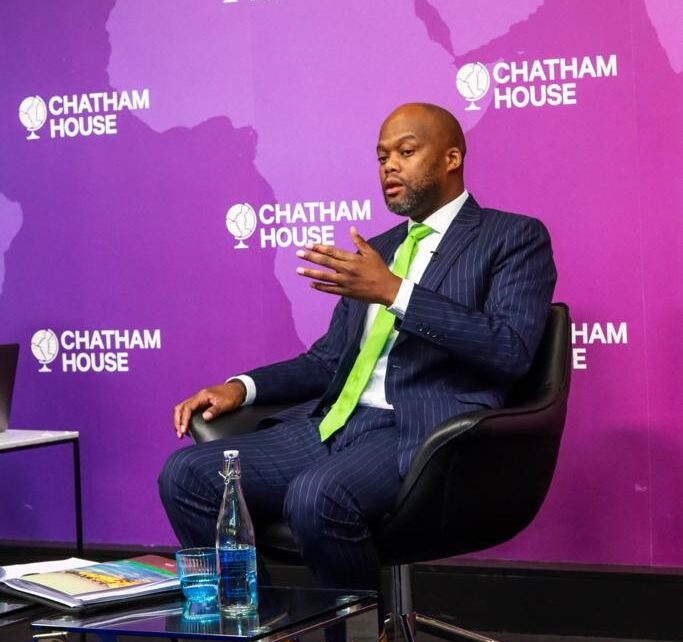Secretary-General of the African Continental Free Trade Area (AfCFTA), Wamkele Mene, has indicated that the implementation of the remaining 12.3 percent of Article 13 of the protocol on ‘Rules of Origin’ has been hindered, mainly by the differences in productive capacities of member states.
Currently, a resolution has been made by member states on 87.7 percent of products tradable under the rules of origin, which is the level of value addition to raw materials and semi-finished products that can be accepted as locally produced.
Nonetheless, the Secretary-General stated that though a breakthrough has been made with the implementation of the 87.7 percent of product line threshold under the rules of origin, the productive capacities remain a major challenge as some members prefer low local content whilst others prefer higher local content.
“The main challenge to concluding the negotiations has to do with the differences in productive capacities of member states. Thus, while some countries favour a low local content, using products with significant imported content from outside the continent, with minimal assembly on the continent, others prefer higher local content,” he said.
Mr. Mene made these remarks in his address at the Chatham House in UK, on the theme: ‘Implementation of the African Continental Free Trade Area (AfCFTA): Priorities and Prospects.’
The rules of origin in a trade agreement are the criteria that seek to determine the national source of a product so as to know how duties, tariffs, and restrictions should be applied. But with most economies on the continent heavily reliant on Foreign Direct Investment (FDI), it will mean most products that will move across the continent will not be indigenously owned, thereby, undermining the intent behind that law.
He however expressed optimism and confidence that consensus can be reached on the outstanding items in the revised timeframe. Adding that the priority of the secretariat this year is therefore to conclude the outstanding negotiations and protocols – phases I and II – for full and robust implementation of the agreement.
Subsequently, Mr. Mene added that the secretariat is in the process of publishing the ‘AfCFTA Tariff Book’ which will include rules of origin and the customs procedures that apply to products. Traders will be able to identify in the tariff book their specific products and know what rules of origin apply to each product and associated tariffs.
“Furthermore, we are in receipt of 44 tariff offers representing 80 percent of AU membership, which have been technically verified, and 46 countries have submitted their schedules of specific commitments, which have also been technically verified. With these developments, we are now in a position to start commercially meaningful trading in goods and services, under the AfCFTA, across the continent,” he emphasised.
State parties are now also in a position to gazette these legal instruments, that is the schedules of tariff concessions, at the national level, for full-scale implementation.
The African Continental Free Trade Area, launched on January 1, has been hailed as a game changer. By bringing together 55 countries – with a total population of 1.3 billion and a combined GDP of $3.4 trillion – in a single market, many believe the AfCFTA could fuel Africa’s recovery from the COVID-19 crisis, spur structural transformation, and drive rapid industrialisation.
However, without properly addressing issues like the aforementioned, it will be difficult to achieve these targets.










